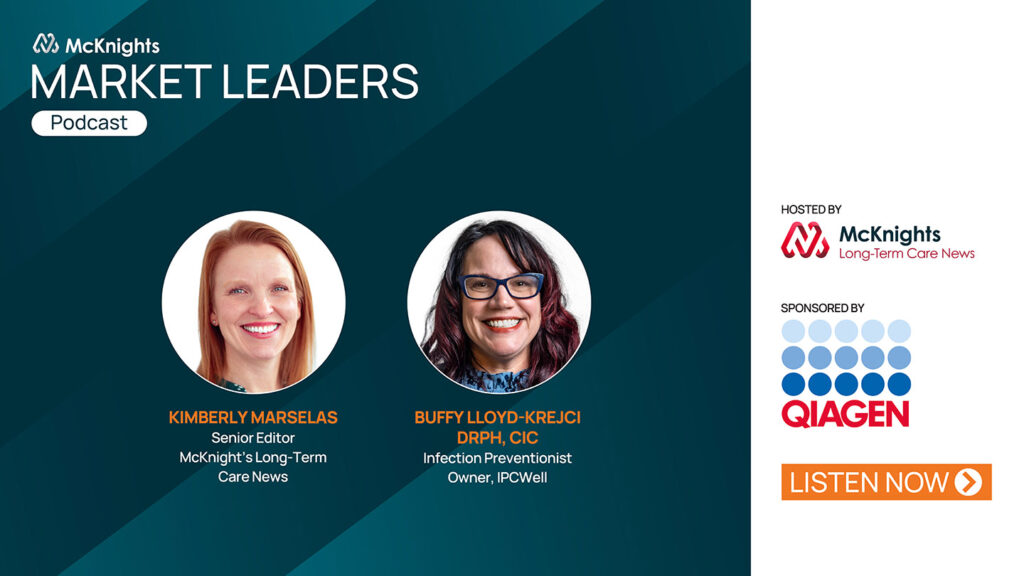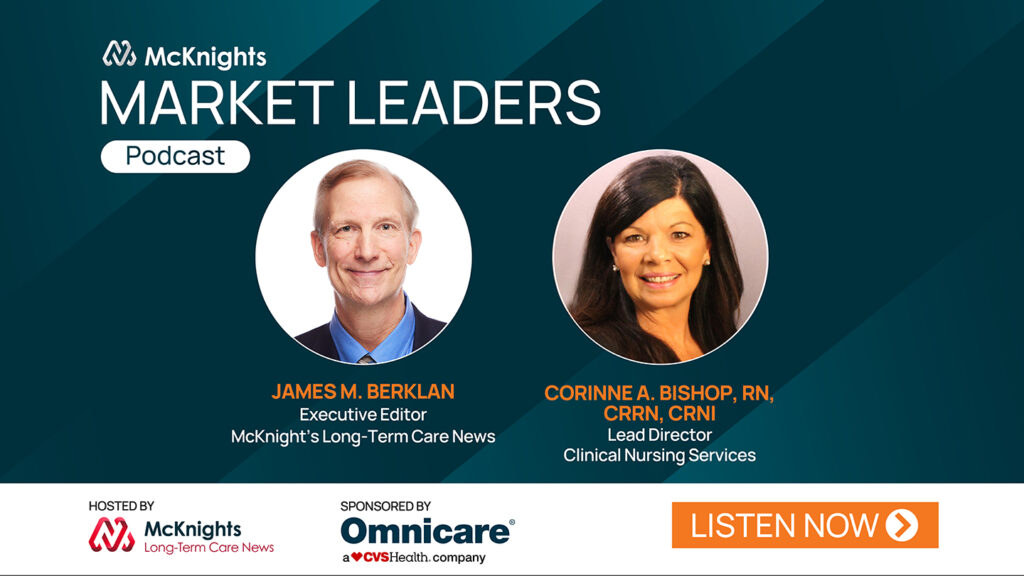
Private equity healthcare provider deals have slowed in early 2022 after reaching a high in 2021, according to recent reports.
Although the deals have slowed so far this year, according to PitchBook data provided to McKnight’s by KPMG Advisory Services, analysts predict that transactions will pick up as the year progresses, according to Morning Consult.
Analysts at KPMG Advisory Service attribute the current slowdown to inflation, other economic concerns and the Russia-Ukraine war. As of the end of March, there had been 171 deals this year, down from 255 in the first quarter of 2021 and from 216 in the same period in 2020.
Private equity healthcare provider deals increased 60% in 2021 compared with the pre-pandemic level in 2019, according to Morning Consult. As of June 2021, private equity firms owned approximately 11% of the country’s nursing homes, according to government records.
Ashraf Shehata, a partner at KPMG Advisory Services, told the media outlet that the activity largely stemmed from aggregation by larger organizations.
The 2022 news comes after President Biden promised in his State of the Union address to target “Wall Street” nursing home owners. Biden’s plan called out private equity ownership, saying that such investment in nursing homes had ballooned from $5 billion in 2000 to more than $100 billion in 2018.
The American Health Care Association has pushed back against the criticism. AHCA President and CEO Mark Parkinson said poor business decisions, not private equity investment, have been the bigger problem behind some recently scrutinized nursing home purchases.
Private equity proponents tout the benefits of the cash infusion the deals bring, which they say allows providers to invest in new technology, operate more efficiently and meet regulatory requirements, Morning Consult reported.
“Unless the government is going to pay for massive capital improvements that are necessary, including to address the issues that are being discussed in these initiatives, then the country is going to rely on private investment,” Howard Sollins, an attorney, shareholder and leader of the long-term care practice at Baker Donelson, previously toldMcKnight’s.



